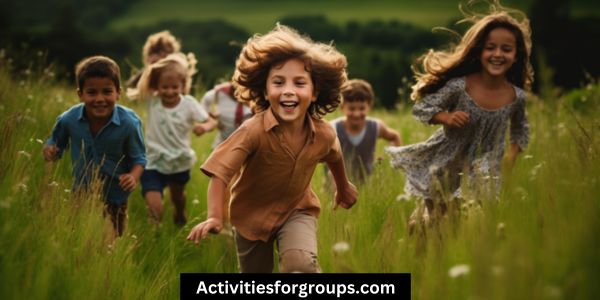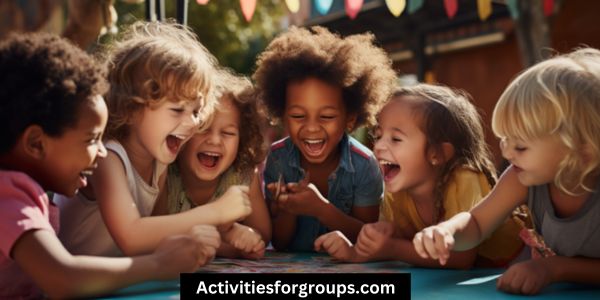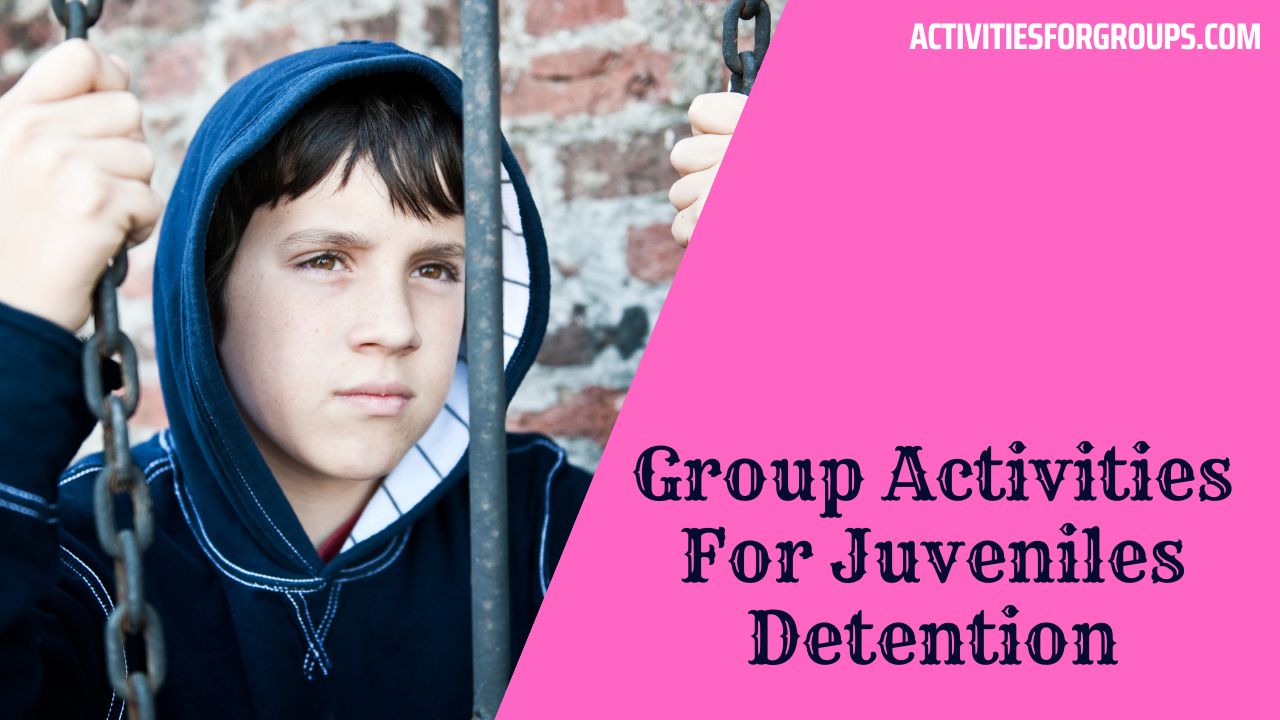Do you want to help your child build their social skills? Group sports activities are a great way to do just that!
Through teamwork, problem-solving, communication, and interaction, your child can learn new skills while having fun.

With practice, they’ll develop increased confidence in their abilities and in themselves.
Read on to find out how group sports activities can help your child grow.
Teamwork
By participating in team sports activities, children can learn the importance of teamwork and how to work together to achieve a common goal. Working in a team environment can help children build cooperation and communication skills, as well as develop leadership capabilities. Team sports activities also give children the opportunity to learn how to respect each other’s differences, while working together to reach a common goal.
Cooperation is key in any team-based activity. When working together, children learn to listen to each other’s opinions, respect each other’s ideas, and compromise as needed. This teaches children the importance of working together towards a common goal.
Leadership skills are also developed when participating in team sports activities. Children learn how to motivate each other to do their best and take initiative when needed. This helps children build self-confidence, which is essential in any team-based setting.
Team sports activities can also help children become more resilient. When faced with adversity, children learn how to adapt and persevere in order to reach their goals. This teaches children valuable lessons that can be applied in all aspects of their lives.
Problem-Solving
Through group sports activities, kids can learn how to solve problems together and develop their problem-solving skills. Positive reinforcement from coaches and teammates can help kids confidently tackle any problem that arises. Kids will learn to prioritize tasks and manage their time more effectively to get the job done. They’ll also learn how to work together as a team and utilize each other’s strengths in order to solve issues quickly and efficiently.
Problem-solving skills are essential for children to build a strong foundation for their future. It’s important for kids to know how to identify and tackle any problem they come across, no matter how difficult. Through group sports activities, they can develop their problem-solving skills and learn to think outside the box for creative solutions.
Group sports activities also foster an environment of collaboration and support. Kids will learn how to share ideas and come to agreements in a respectful manner. This is especially important for children who are shy or have difficulty expressing their opinions. With the help of their teammates and coaches, they’ll learn to become more confident when it comes to problem-solving.
Communication

Building on the problem-solving skills that are developed through group sports activities, kids can also learn to effectively communicate with their teammates. Through group sports, children learn to work together, exchange ideas, and communicate with each other. This can help them become better communicators in everyday life, as they gain experience in working together and forming relationships with others.
Group sports also allow children to practice teamwork and accept constructive criticism from their peers. Listening to their teammates’ opinions and ideas helps them understand how to interact in social situations. And by participating in team sports, children can learn to be supportive of their peers, helping them develop sportsmanship.
Group sports also help children learn how to manage peer pressure. Through sports, children learn to trust their teammates and work together to accomplish tasks. This helps them become better communicators and provides them with the skills to make their own choices and stand up for themselves when faced with peer pressure.
Interaction
Through their interaction with teammates, children learn to develop relationships with others and become more comfortable in social situations. Playing group sports gives children the opportunity to collaborate with their peers, which helps them to understand the importance of working together. Children learn to practice stress management when dealing with difficult situations that may arise during games. By facing peer pressure, they can grow their resilience and sharpen their problem-solving skills.
Group sports also give children the chance to practice their communication skills and learn how to interact with others in a positive way. With the help of their teammates, children learn to take turns, respect one another, and show compassion for their peers. Through shared experiences, children build strong relationships with their teammates and learn to trust one another.
Group sports can be a great tool for helping children build their social skills. By engaging in interactive activities, children can learn how to interact with others, manage stress, and develop resilience. Through this process, children become more confident and better equipped to handle social situations.
Confidence

By facing new challenges and learning to work with their teammates, children can gain more confidence in themselves and their abilities. Through group sports activities, children can learn the value of hard work, dedication, and perseverance, all of which bolster their self-esteem and self-belief. Playing in a team setting also encourages children to practice leadership and communication skills, as well as take risks, which can empower them to take on new challenges.
When children feel capable and competent, they are more likely to take on new tasks and show more confidence in their abilities. Group sports activities can provide children with a safe, supportive environment to try new things, learn from mistakes, and feel more confident in their skills.
| Benefit | Description |
|---|---|
| Hard Work | Learning the value of hard work and dedication can bolster self-esteem and self-belief. |
| Leadership | Encourages children to practice leadership and communication skills. |
| Risk-Taking | Empowers children to take on new challenges and try new things. |
| Mistakes | Provides a safe environment for children to learn from mistakes. |
| Confidence | Gives children a greater sense of capability and competence. |
Frequently Asked Questions [FAQs]
What Types of Group Sports Can Children Participate In?
You can have children join team sports such as basketball, baseball, soccer, or volleyball to help improve their teamwork dynamics and peer communication skills.
How Much Time Should Children Spend Participating in Group Sports?
How much time you spend on group sports is up to you, but it can help you develop peer dynamics and team building skills.
What Age Range Is Most Suitable for Children to Start Engaging in Group Sports?
You should start introducing children to group sports at around 8-10 years old. At this age, they are able to understand peer pressure and team dynamics, making them better equipped to handle the social aspects of sports.
Are There Any Risks Associated With Children Playing Group Sports?
You may experience team dynamics and peer pressure when playing group sports. Consider the risks before deciding if this type of activity is right for your child.
How Can Parents Help Their Children Develop Social Skills Through Group Sports Activities?
Parents can help their kids develop social skills through group sports activities by encouraging them to learn about team dynamics and peer pressure.
Conclusion
Group sports activities can be a great way for children to develop their social skills. Working together as a team encourages problem-solving, communication, and interaction skills. Plus, it builds confidence in a child’s abilities and allows them to make friends.
All in all, group sports can be an invaluable experience for children to grow and develop their social skills.




Leave a Reply